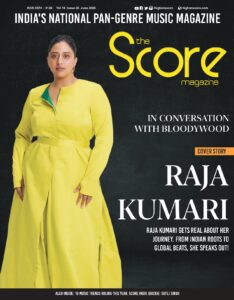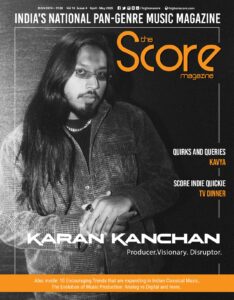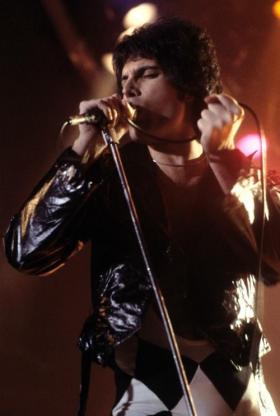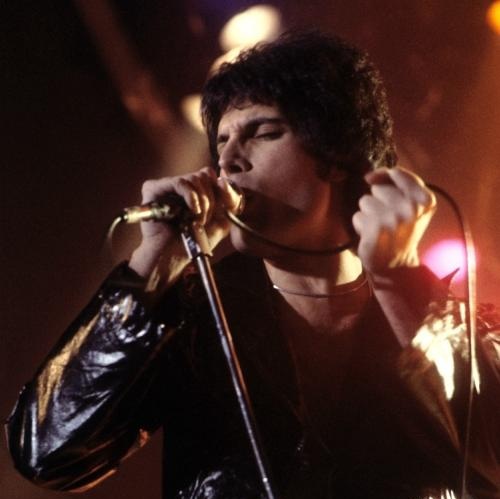
Remembering The Man Who Would Be Queen
It’s tough to envisage what Freddie Mercury would’ve become had he lived. He couldn’t have stopped, but how much further could have that legend grown? Almost twenty years since he succumbed to AIDS, Freddie – Farrukh, to his ethnic Parsi roots – still pervades our musical consciousness; probably one of the few things you’d agree with your parents on.
Why so? Because he was the other side of ourselves, that’s too overwhelmed by reality and scared to show on weekdays.
Because he stretched his art to the limit where he defined it, instead of the other way around.
But mostly, because he took us all on one big trip, and generations hence will still be enjoying this ride.
THE SINGER
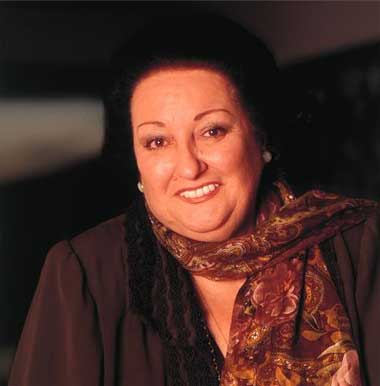
Spanish soprano Montserrat Caballe, with whom Mercury worked on his solo project, Barcelona (1986), said of him, “Freddy is different from other rockstars. He is selling his voice“. His singing has been commended endlessly, so let’s not stop now.
The biggest ode to Mercury, of course, is the acknowledgement of the fact that some of Queen’s greatest songs wouldn’t have been possible but for his vocal prowess. Even a lay listener can pinpoint the man’s inherent sense of rhythm, switching seamlessly between punk and the operatic, soft and growling. It’s a big part of what made him such a showstopper; his marshalling of a phenomenal four octave range that could wake up the dead and soothe it back to sleep.
THE SONGS
Officially, ten of the seventeen songs on Queen’s Greatest Hits compilation that went on to become the biggest selling album in the UK of all time were written by Freddie Mercury. Drawing inspirations from far and wide, Mercury’s songs were eclectic mixtures of styles and sounds.
“Killer Queen” has British dance hall and vaudeville elements, while “Seven Seas Of Rhye” was as progressive as it got. “Crazy Little Thing Called Love” is a simple guitar strummer with few chord changes, while “Bohemian Rhapsody” is complex and acyclic in structure. Which, obviously, makes the core of Mercury’s songwriting genius difficult to decipher. His music seemed to travel through moods, never belonging anywhere in particular or losing the sense of humour.
[youtube_video id=rY0WxgSXdEE]
GOD ON STAGE
Adjudicating on rock’s greatest frontman is a debate that might never reach a consensus, with the Jaggers and the Tylers still strutting and curling lips. But ever since Queen’s historic Live Aid performance at Wembley in 1985, Freddie Mercury is probably the closest we’ve come to it.
That gig is widely regarded as the greatest ever, but nevermind the accolades; the most pressing evidence lies in the attendance records Queen set across the world, from Buenos Aires to Budapest. It was the story of how one man could capture all your senses and build up such a level of intimacy with his audience that they swayed along even while he did his pre-show vocal warm-ups.
Like David Bowie, that other great impresario, noted, “Freddie took it further than the rest. He took it to the edge. And I always appreciate a man who can wear tights””
[youtube_video id=zBUJztI884M]
THE ELEGANCE & STYLE
When Time Asia listed Freddie Mercury as one of their 60 most influential personalities of Asian origin, it noted how a musician of Indian-origin had managed to master a colonial art form and present it with richness that is out of bounds for conventional Anglophones, like what Rushdie and Vikram Seth did with literature.
In his lyrics, Mercury took off on vivid flights of fantasy that were wry and fascinating, where abstract metaphors and ordinary emotions came skipping together. And maybe it’s just that; catering to the craving of the masses to be just ‘let out’ for a while that got them to identify with Mercury’s words in hordes. As the man confessed himself, “I think Queen songs are pure escapism. It’s like going to watch a good movie and forgetting about your problems. There are no hidden messages in these songs, except for some of Brian’s“.
THE SHOW MUST GO ON. AND SO WILL THE MYTH.
Freddie Mercury recorded his last album with Queen, Innuendo, the year he died – 1991. By then, he was deep in the throes of HIV induced illness and his scant public appearances were already sparking frenzied rumours regarding his health.
Mercury had become so debilitated during the recording process that Brian May began to doubt if he was fit enough to sing “The Show Must Go On“, one of the more vocally challenging songs on the album. But like a true Phoenix, Mercury went in their and gave one his most enduring studio performances yet.
[youtube_video id=lSkx34M3XtY]
Poignantly, he sings “The show must go on/Inside my heart is breaking/My make up might be fading/But the smile stays on“. It was the mark of the man, for whom, what he did – and what it did for everybody else – eventually became his legacy, over and beyond his sexual orientation or his ethnic roots or his cause of death.

